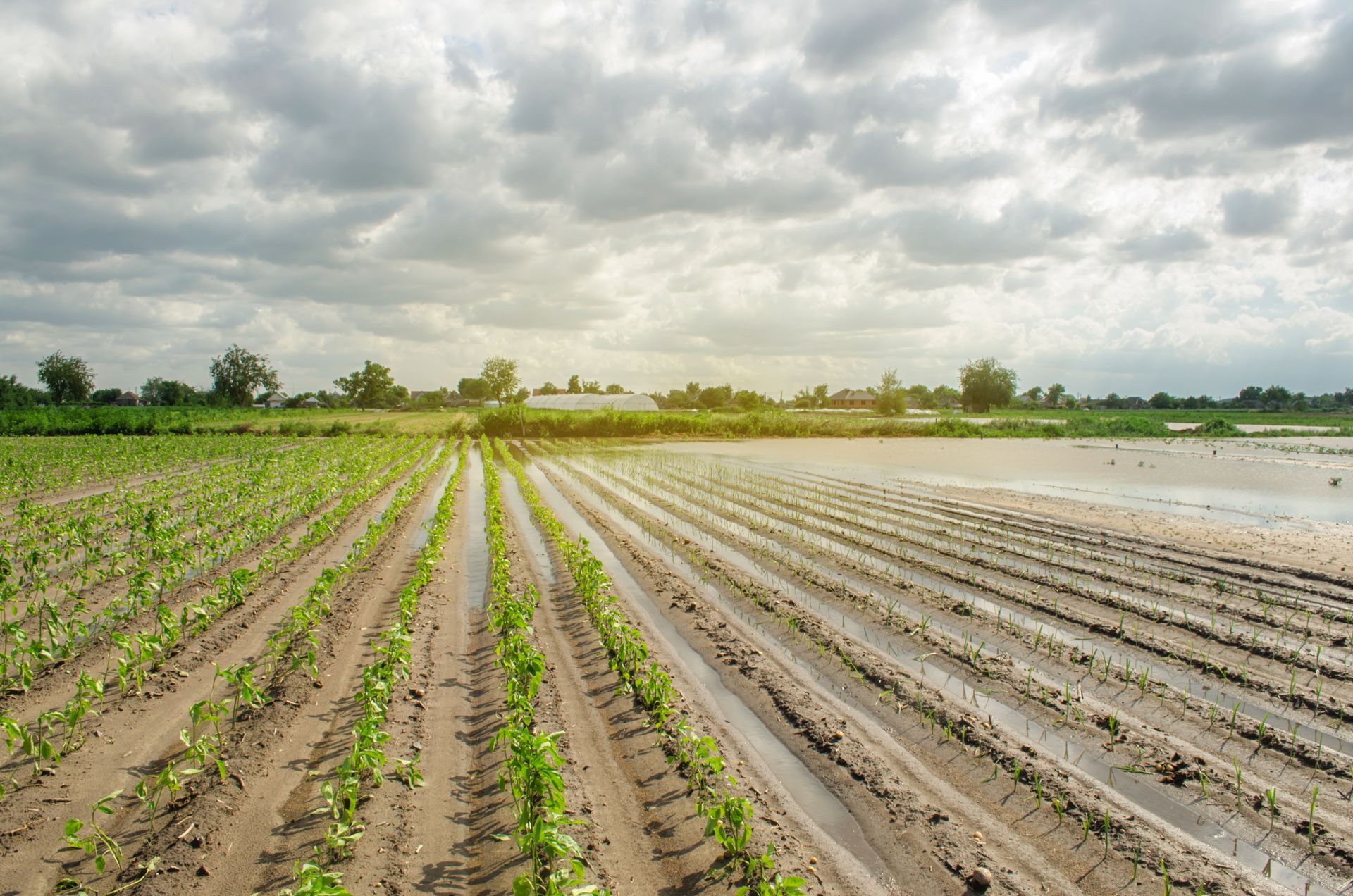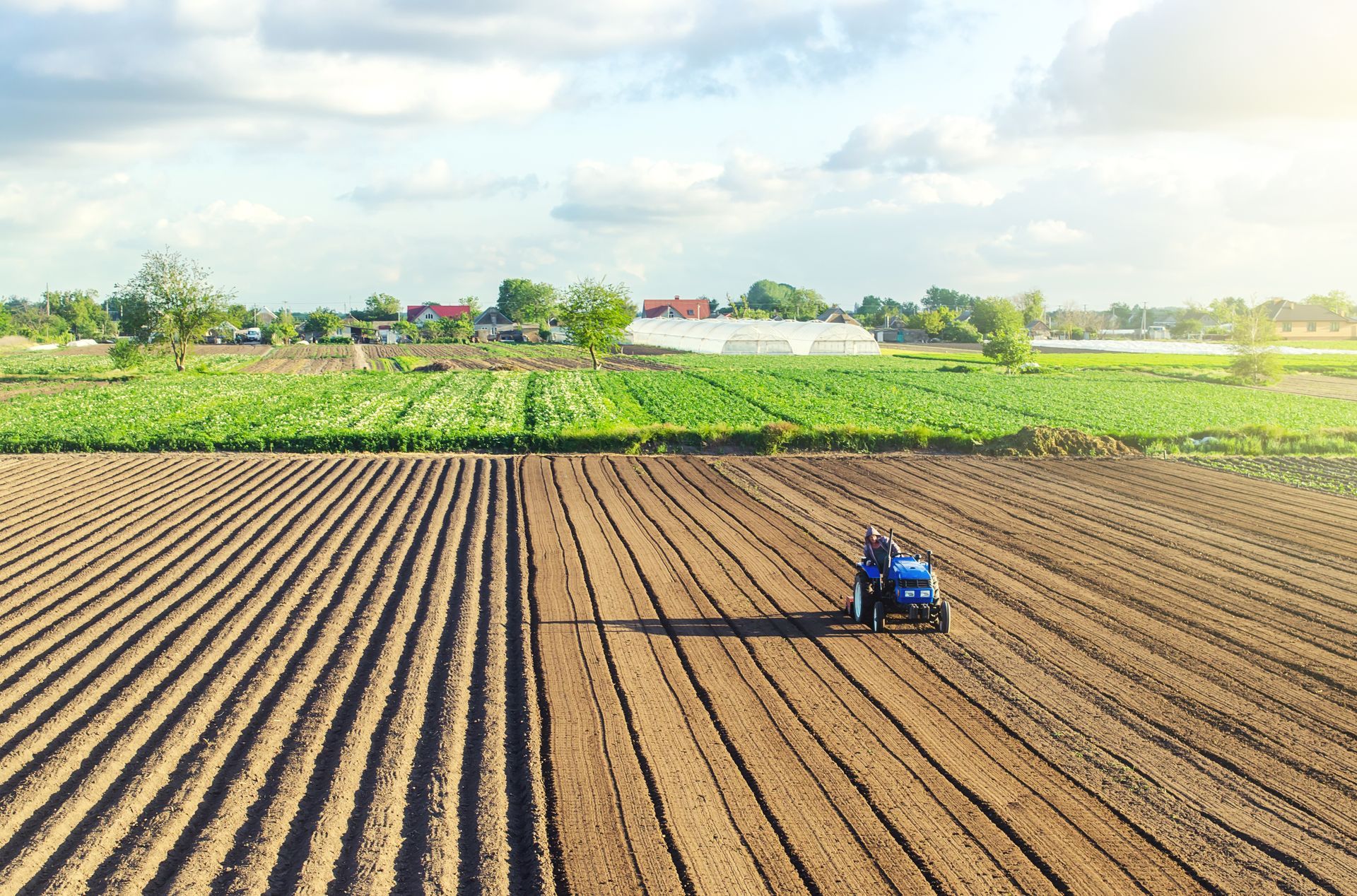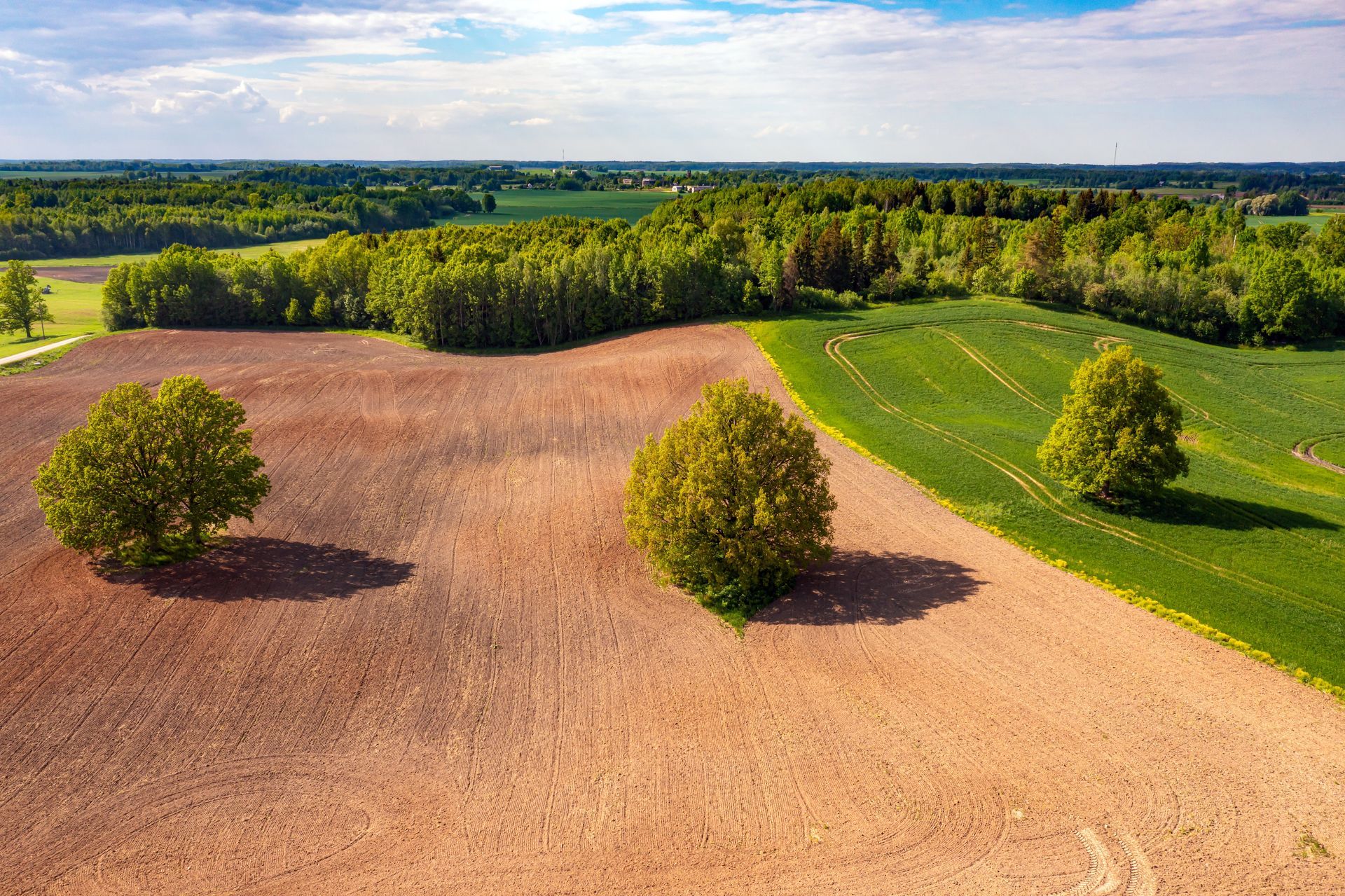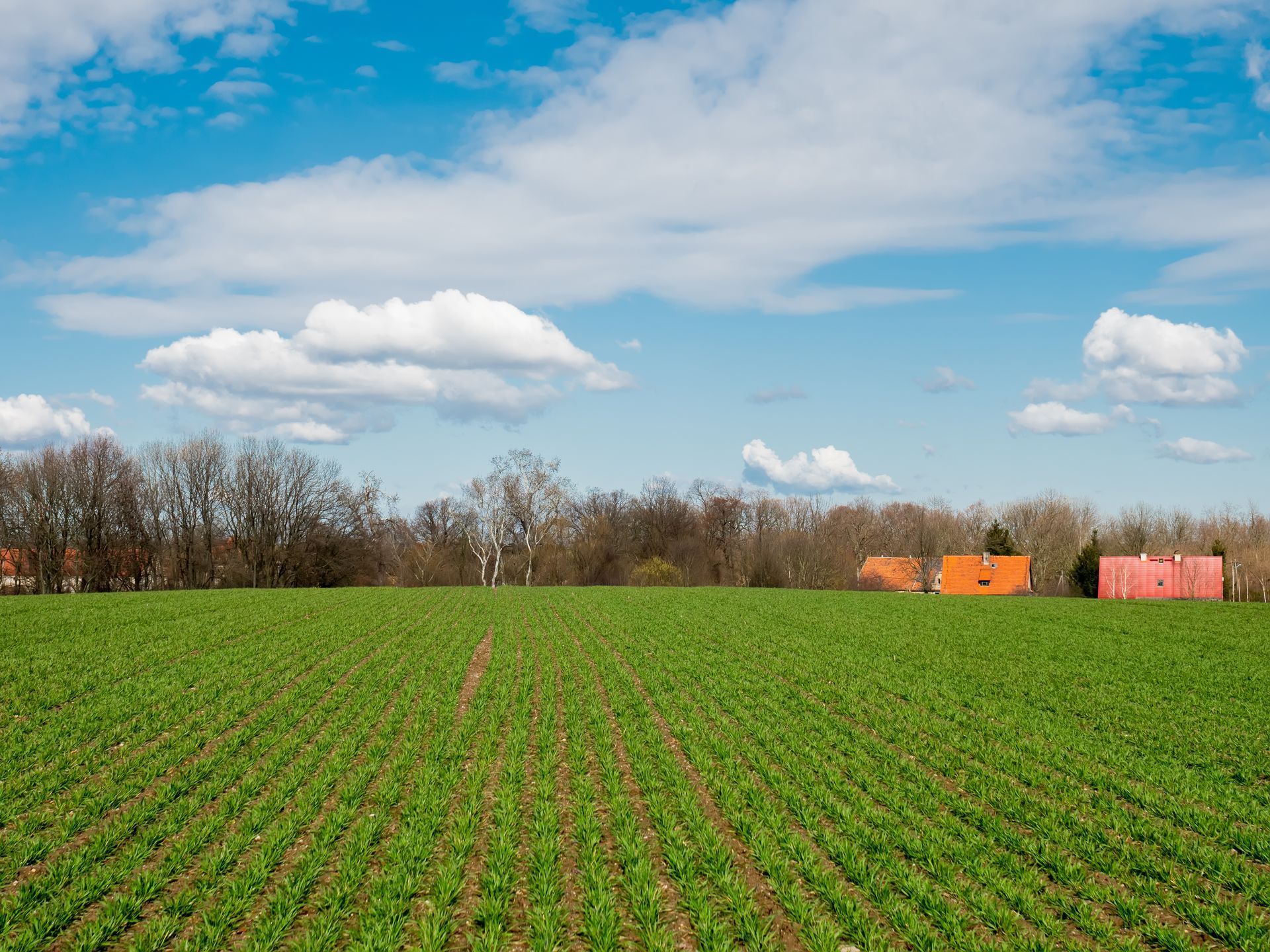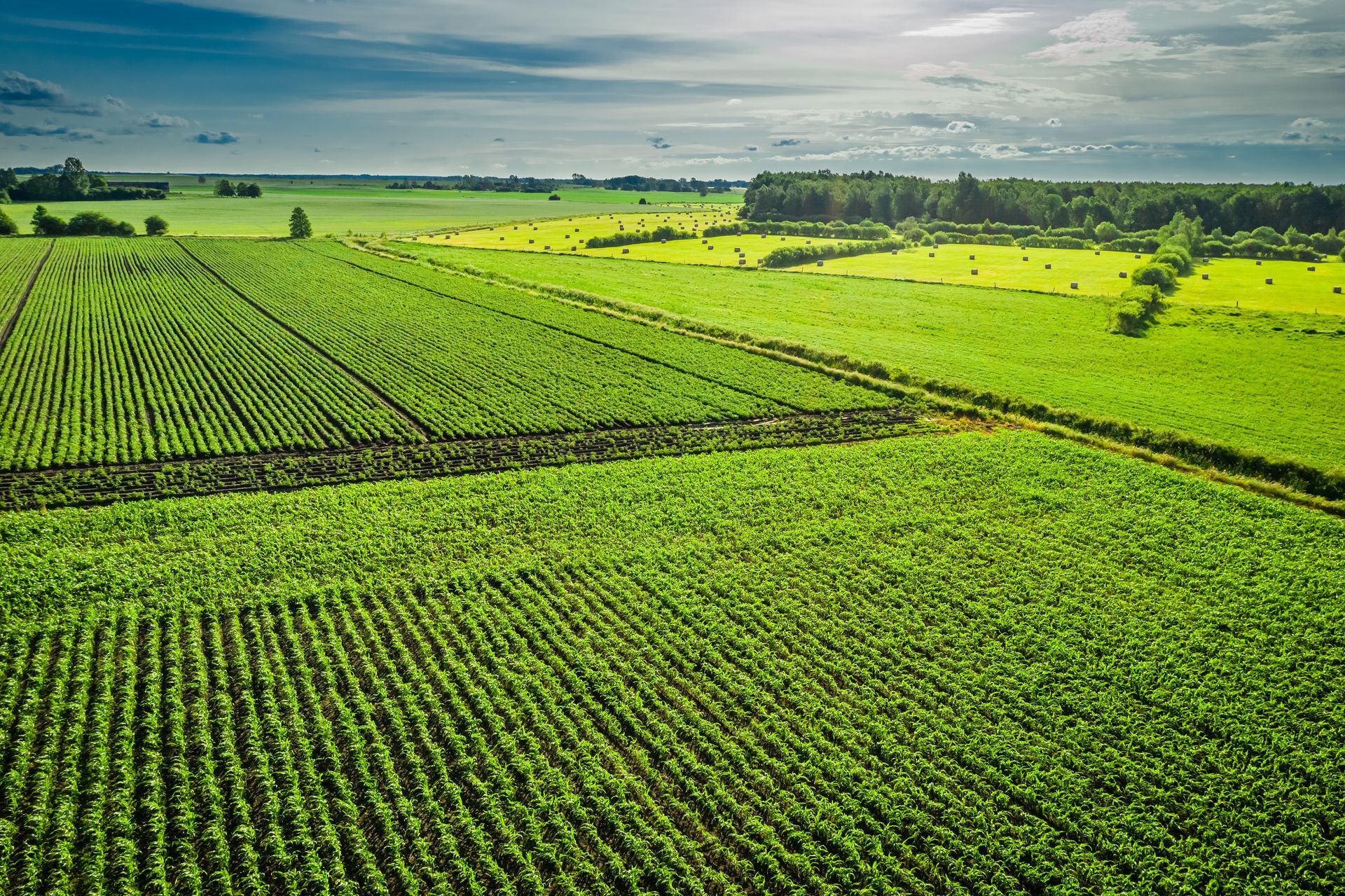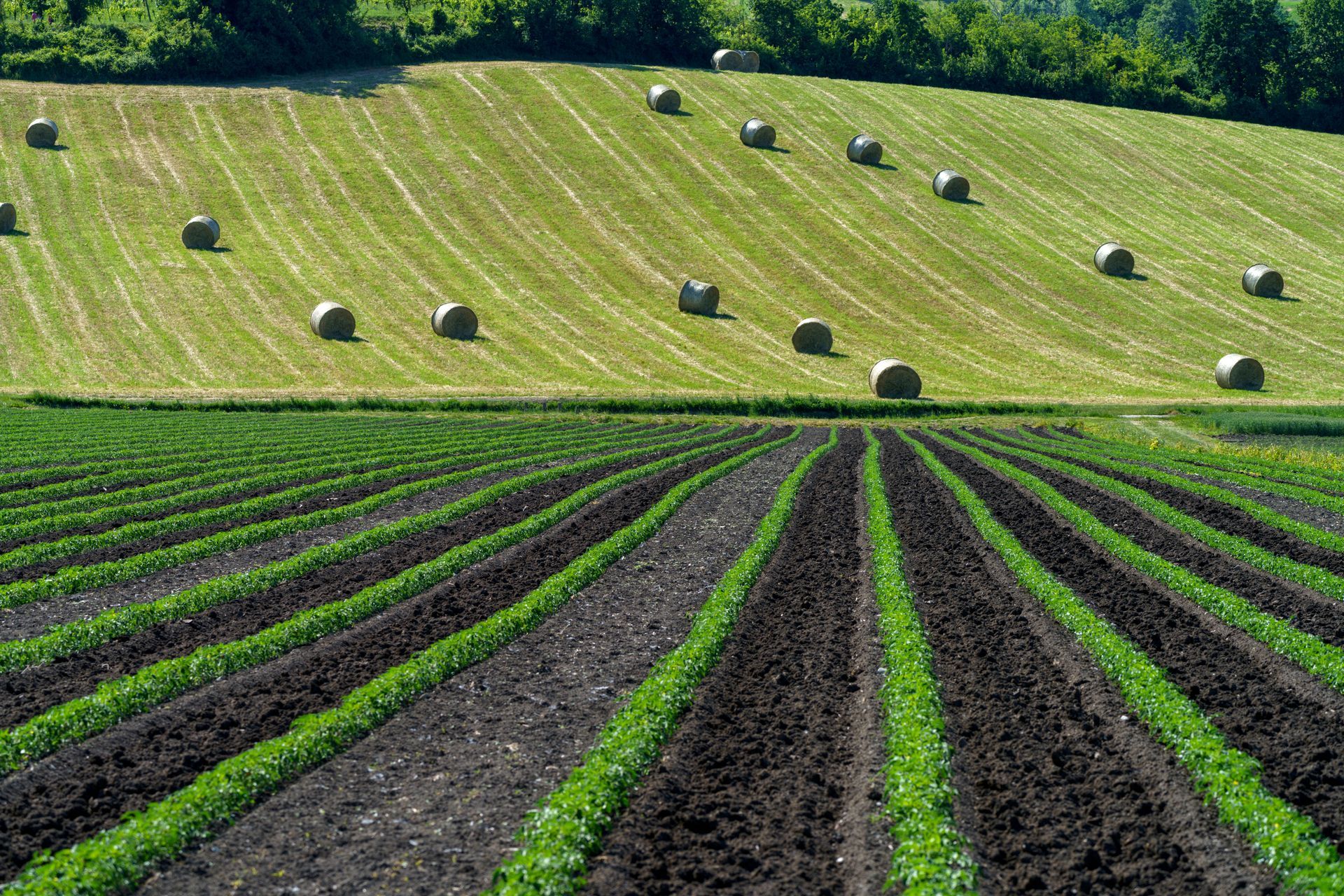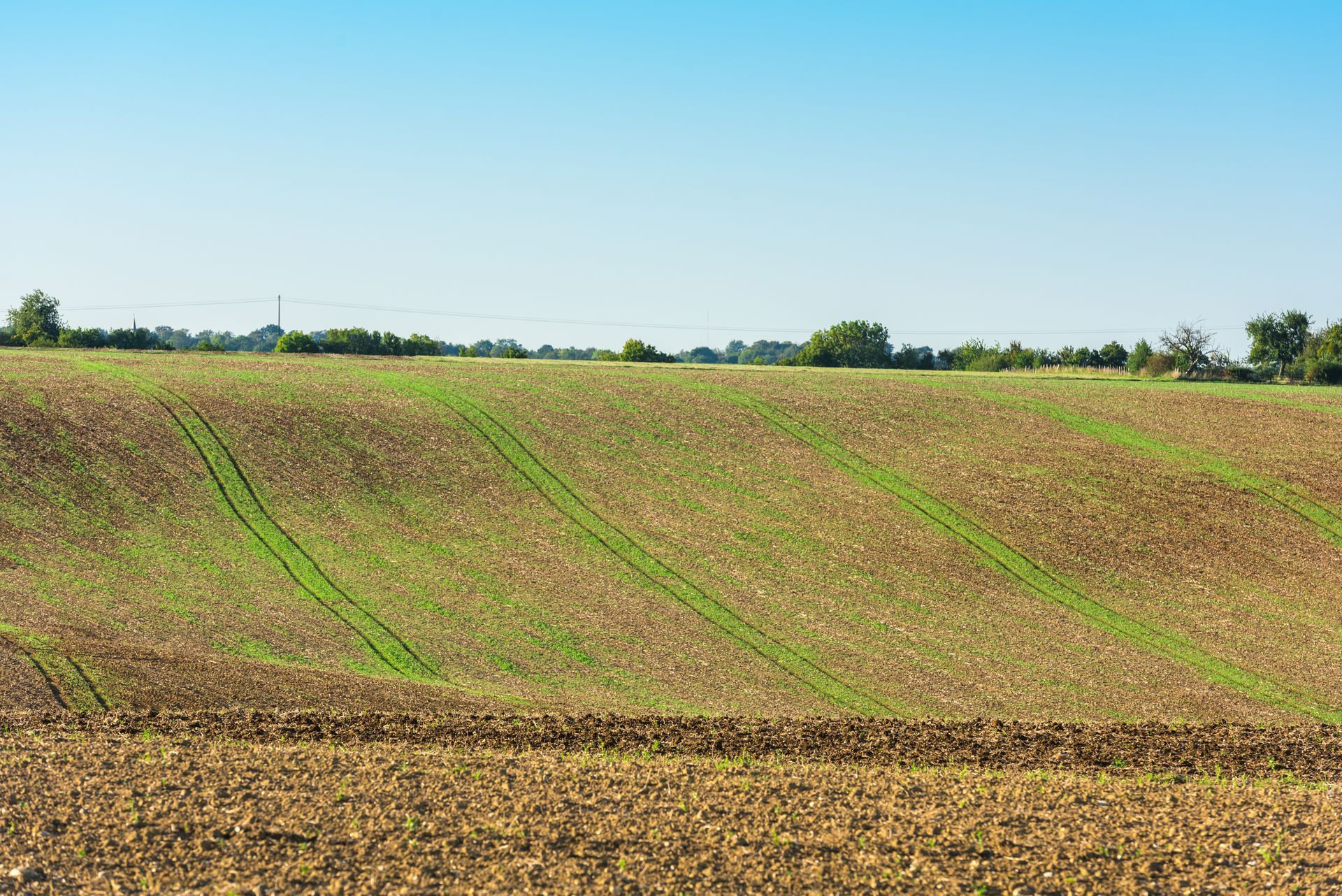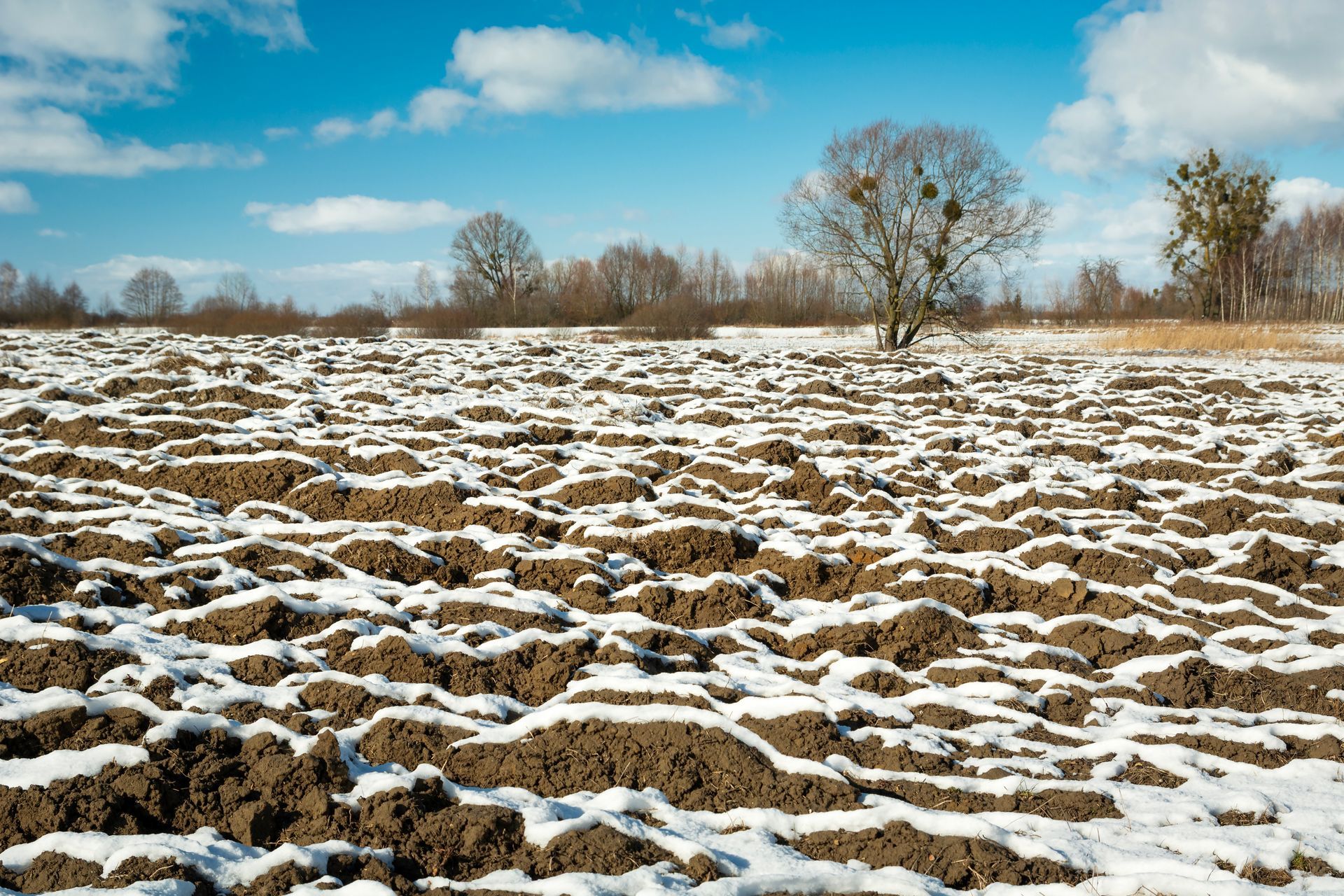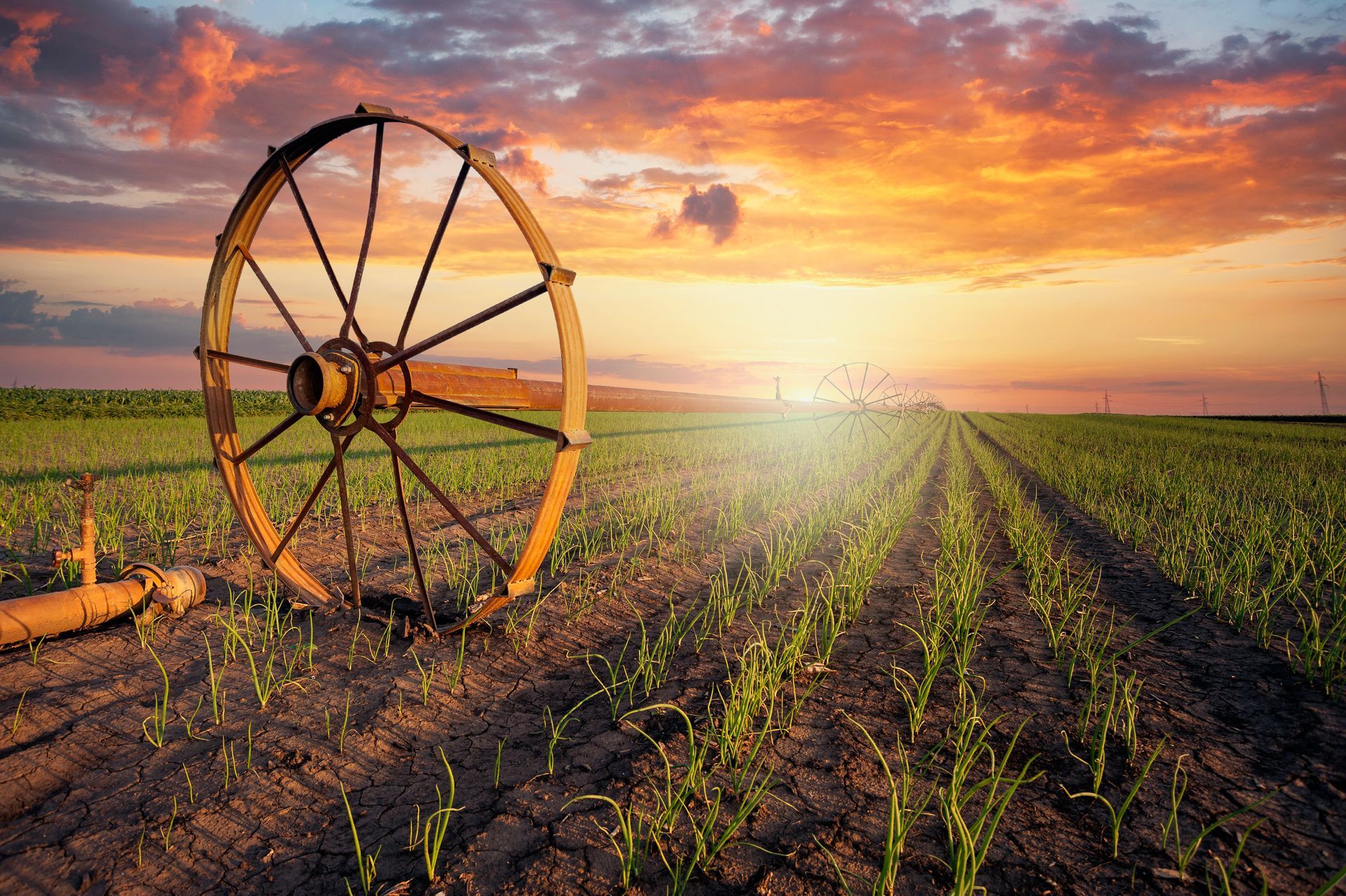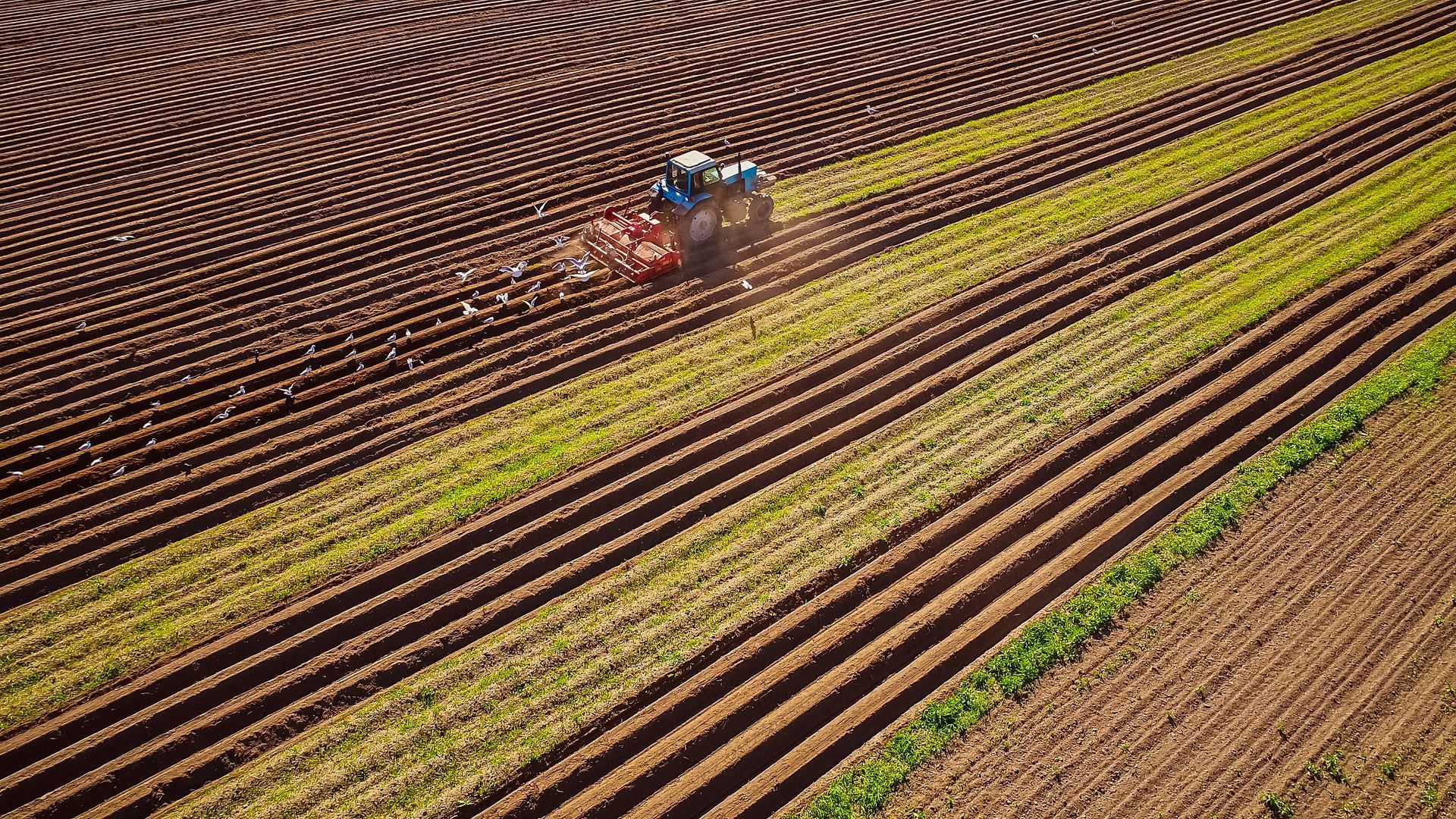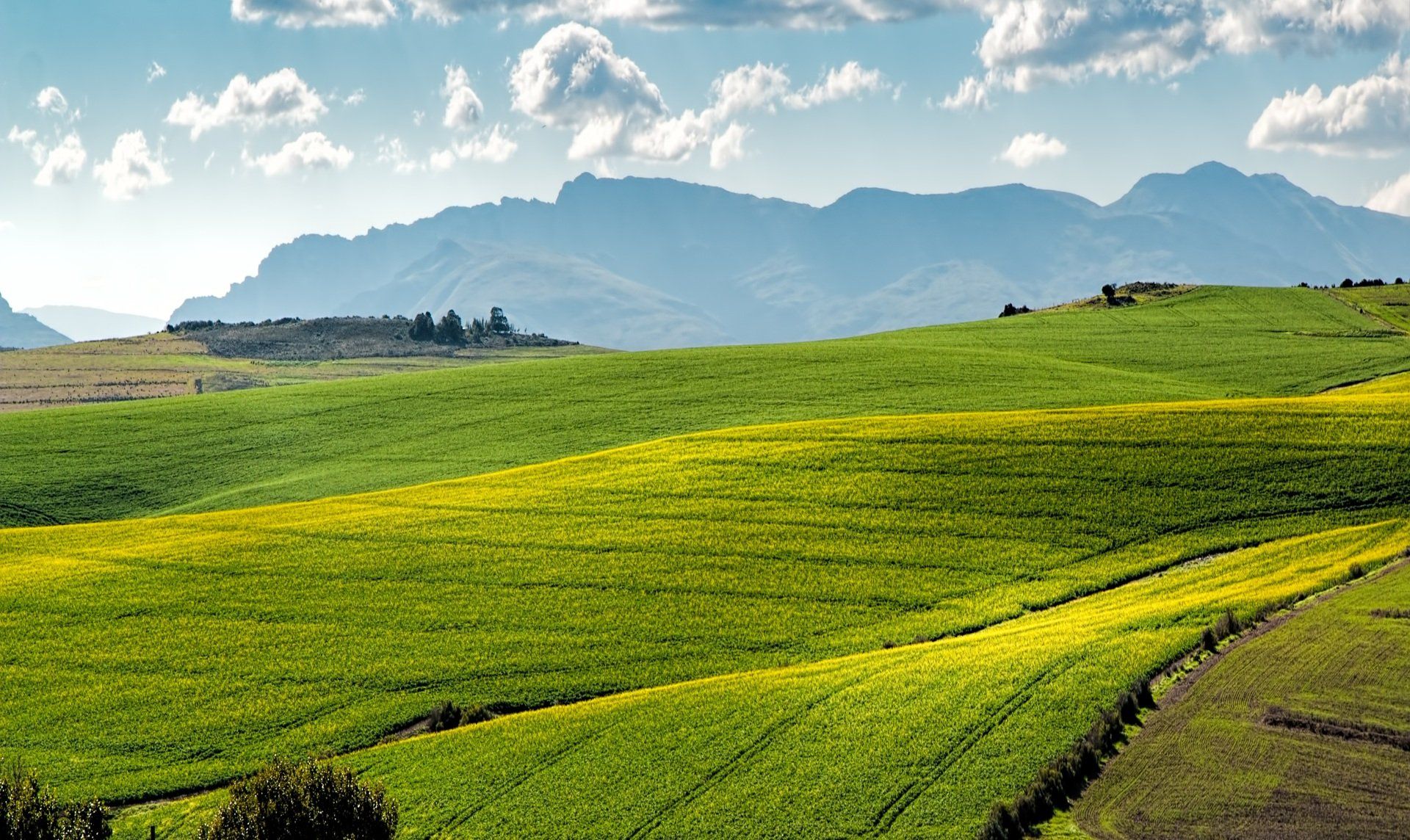By David Garman
•
February 6, 2026
Water management has always been an agricultural balancing act. In 2026, that balance has become more critical than ever. Extreme weather patterns, tighter margins, and greater focus on soil health are pushing farmers to rethink traditional systems. Micro drainage for farms has emerged as a science-backed solution that addresses these challenges head-on—protecting yield, preserving nutrients, and optimizing every acre. Unlike conventional approaches that move large volumes of water off a field, micro-drainage works with the soil, not against it. By combining micro drainage surface solutions, subsurface drainage solutions, and advanced agricultural tile drainage pipe, this system delivers precise water control where crops need it most. What Is Micro Drainage for Farms? Micro drainage for farms is a targeted water management system designed to regulate moisture at a micro level across a field. Instead of over-draining entire areas, micro-drainage identifies specific zones where excess water limits root development, nutrient uptake, and soil biology. Using modern surveying, GPS grade control, and high-performance agricultural tile drainage pipe, micro-drainage systems guide water away from saturated zones while maintaining optimal moisture in productive soil layers. The result is healthier soil structure and more consistent crop performance—season after season. The Science Behind Micro Drainage Surface Solutions Micro drainage surface solutions focus on managing water before it ever penetrates the soil profile. Poor surface drainage often causes ponding, delayed planting, and surface compaction. In 2026, precision shaping and surface inlets help move excess water efficiently without stripping away topsoil. By improving surface flow paths, farmers reduce erosion, protect organic matter, and set the stage for stronger subsurface performance. This layered approach keeps water moving at the right pace—never too fast, never too slow. Subsurface Drainage Solutions and Soil Health Modern subsurface drainage solutions are where micro-drainage truly shines. Strategic placement of agricultural tile drainage pipe improves soil aeration, allowing oxygen to reach roots and beneficial microbes. This boosts nutrient cycling, root depth, and resilience during both wet and dry conditions. Unlike outdated tile systems, micro-drainage designs reflect today’s soil variability, crop genetics, and conservation practices. They work seamlessly with no-till and reduced-till systems, protecting soil structure while improving water infiltration. Why Micro Drainage Is Pivotal in 2026 In today’s agricultural landscape, every decision must support profitability and sustainability. Micro drainage for farms delivers both. It reduces nutrient loss, minimizes input waste, and turns underperforming acres into productive ground. As weather volatility increases and soil health becomes a long-term asset, micro-drainage stands out as a science-driven investment. By combining micro drainage surface solutions, subsurface drainage solutions, and advanced agricultural tile drainage pipe, farmers gain precise control over water—one of the most powerful tools in modern agriculture. In 2026, micro-drainage isn’t just an upgrade. It’s the future of smarter, more resilient farming. If you’re ready to achieve greater performance from your land, contac t Richland Micro Drainage today for assistance.
